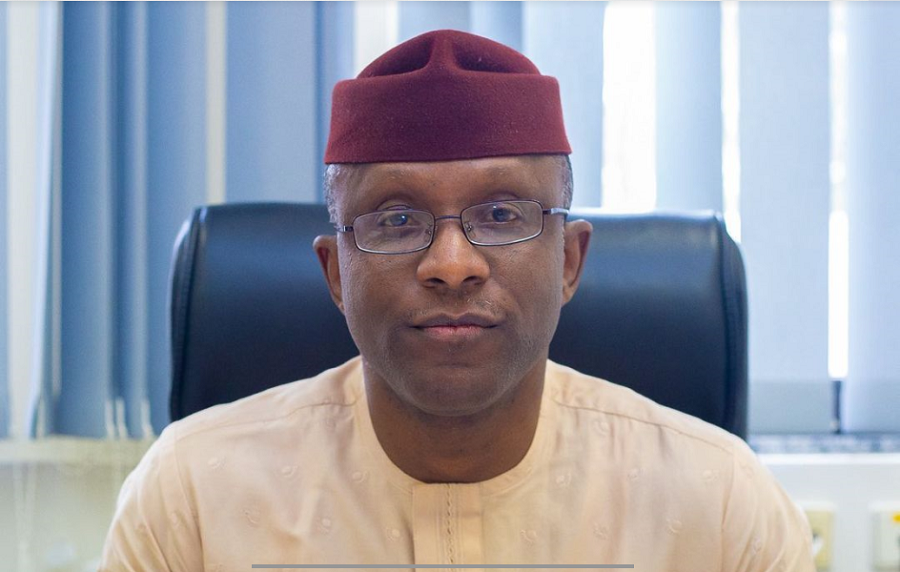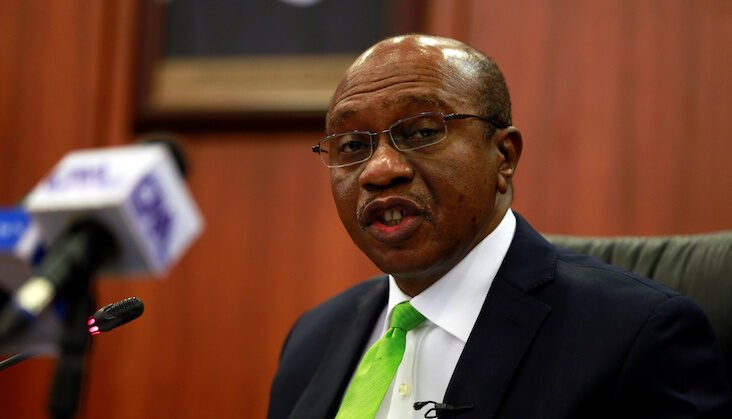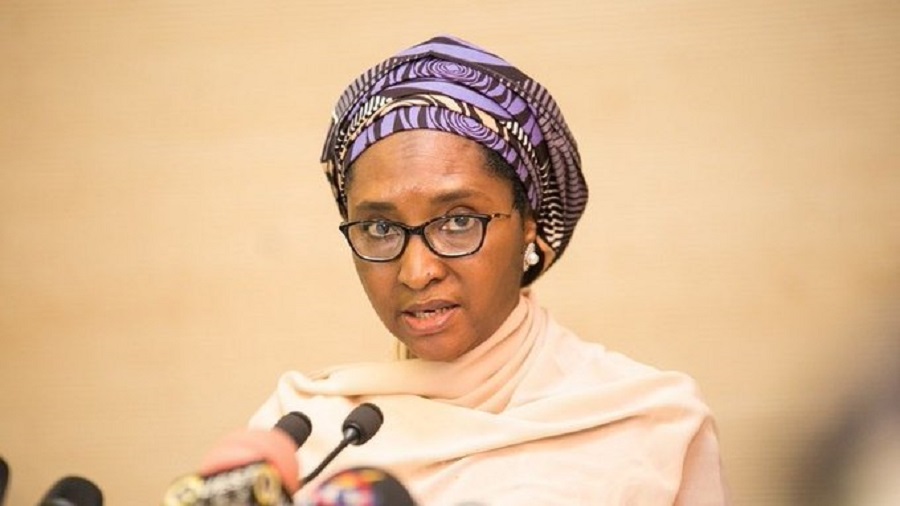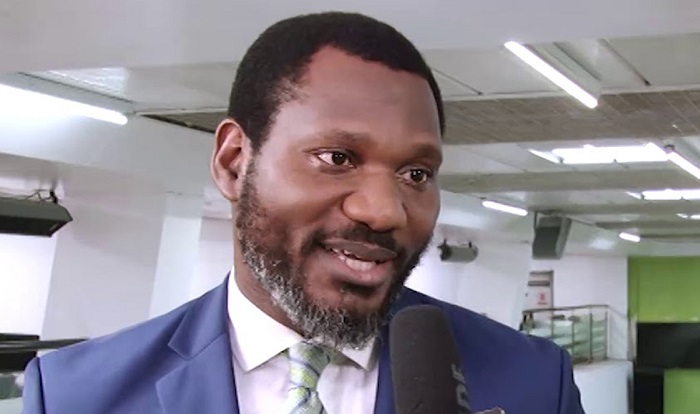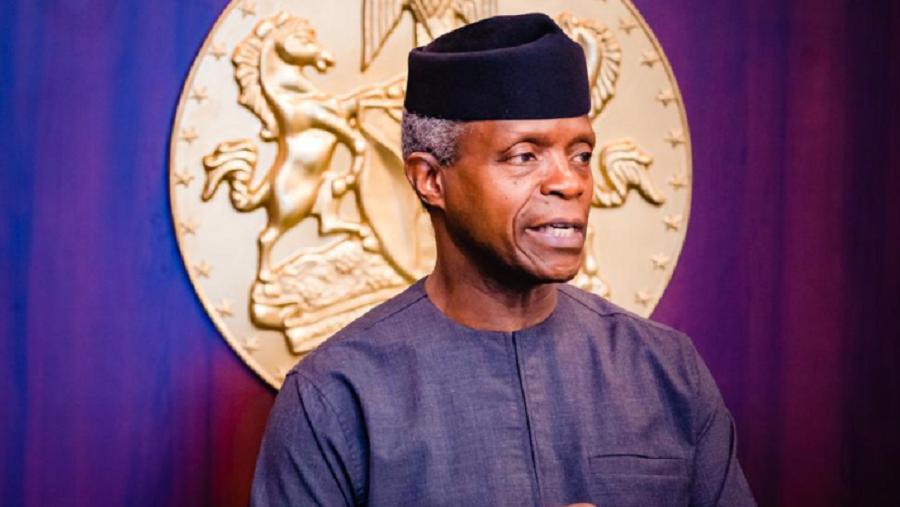As we step into an election year, it is important to access the government of the day noting how much has improved in the two terms of the present government.
Mr Laolu Akande, the Senior Special Assistant, Media & Publicity to the Vice President sat down with Nairametrics to discuss some of the strides which the government has made and the policies and initiatives the administration hopes to be remembered by.
In this interview, we talked about the role of the Vice President as the head of NEC, the economic team of the present administration, as well as other developmental programmes like the NLTP and the ESP. Excerpt:
Let’s start with the milestones you think NEC has achieved.
First, the National Economic Council is the constitutional established body that helps the President to coordinate economic affairs in the federation in advisory capacity between the States and the Federal Government. The work of the council has been largely reflective of that, building a national consensus around some of the economic objectives of the country. So we have the Economic Sustainability Plan (ESP) which was developed after the Covid lockdowns that gave a beating to the economy and led to a recession. Also, look at the National Livestock Transformation Plan (NLTP), the attempt to bring together everyone—Federal government, State government—to deal with the problem of farmers/herders clashes. NEC has also helped in the implementation of the social investment programmes which couldn’t go anywhere without the collaboration of the states.
One of the things you mentioned is the National Livestock Transformation Plan that was inaugurated in 2019. There have been different roadblocks to its implementation. Now, 22 states have signed up and there’s a pilot stage in four states—Nassarawa, Kaduna, Plateau, Adamawa. Why do you think it took such a long time to get it off the ground? And let’s also talk about the N1bn just released for this pilot stage?
We are practicing federalism, with the constitutional responsibilities divided between the Federal government and the sub nationals, so you have to build a consensus. For the NLTP, it took a while for it to be developed because it required a lot of flexibility in designing it. The VP stressed that in its implementation, each state should have the flexibility to determine what is unique in their state and how to take it forward. Also because of the nature of our diversity, you have to negotiate and navigate. There was a consensus by the governors, who are members of NEC by the way. NEC is comprised of 36 State Governors, FCT Ministers, CBN Governor and presided over by the VP. You also have in attendance a number of Federal Ministers, and depending on the subject matter, Ministers come and go.
Just to confirm, do the states have to write to indicate an interest to participate in the programme? And let’s also talk about this first phase.
The Federal government cannot mandate this programme; it’s about land and land belongs to the states. Therefore, according to what was agreed, the state governments that want to participate indicate interest. There’s also a template on how to do it. Four states have started the pilot and made space for ranching to serve as a model. Two of those states, Nassarawa and Plateau, have received funding—over 200 million each; Kaduna and Adamawa are in the process of receiving theirs. It’s not just the FG providing funding, the FG is doing 80% and the states will provide counterpart funding. We have states that also have international cooperation and more states have indicated interest to join. We expect that this will essentially solve a problem. The NLTP was designed as an economic solution to what has now become a violent situation caused by access to land and pasture. One of the things the NLTP is meant to do is to also train these pastoralists about ranching; turns out most of them don’t even know how to ranch, as they are used to moving all over the place. The states will provide the space where there will be ranching and teach them how to do it and show the benefits of ranching. This is a core aspect of the NLTP.
This NLTP is a 10yr plan; it is not a law, but a policy. You won’t be in office in 10yrs, so how do you expect to sustain it throughout other administrations?
The programme recommends itself. If it solves a problem, it is likely going to be sustained. Also because of the kind of consensus that went into it.
Let’s move on to the Export Expansion Facility Programme under the Economic Sustainability Plan overseen by the VP. How does it work?
This administration is the first to activate this programme. The idea is to drive Nigerians to get more involved in exporting. There’s the Zero oil plan developed by the immediate past executive secretary of the NEPC, Mr. Segun Awolowo. If you check the current revenue figures of the FG, you will see more revenue coming in from non-oil exports. One of the main issues to spur exportation is to standardize the products in a way that they will be acceptable in the international market. The programme is designed to enable the FG help exporters ease the gridlock and also provide opportunities to package properly, those are the two goals. There’s a part of the Economic Sustainability Plan which addresses this with a N50 billion funding but it will be implemented by the NEPC working with states and other relevant agencies.
The National Development Plan replaced the ERGP and is chaired by the VP; what is the goal of the NDP? Also, it is supposed to run for 5yrs costing N348.7trillion, and you are out of office in 2023.
The VP also has it as one of his economic coordination responsibilities. NDPs are not necessarily tied to tenures. There’s a common belief that every government wants development. Something that solves a problem is likely to survive because it has value. The important thing about the NDP is that it is trying to create more jobs by removing obstacles in the way of the private sector. That is also the idea behind the ESP. To create 5 million solar connection all across the country and build 300,000 houses under the social housing programme.
Is this different from the National Housing Programme by the Ministry of Works & Housing?
It is different. The social housing programme is under the ESP, don’t forget the ESP is an intervention programme, to deal with the fallout of the Covid pandemic. It is coordinated by the Family homes fund which is a limited liability being supervised by the Minister of Finance, while Government is bringing the funding . They have built over 8000 of such houses in Borno state. The FG has also had discussions with the three big cement companies, Dangote, Lafarge and BUA to supply cement at a discounted rate and they have agreed. This plan will make sure people with minimum wage can get houses.
Where are these 300,000 houses located?
All over the country. 22 states have already committed to giving land. The Federal Government uses its financial behemoth through the Family homes fund to create credit facility for people to build the houses, get loan of 5% interest, then it’s going to be sold and then people can sign on to a mortgage facility.
How do people access this?
The social housing fund has a website and people are already applying. There was a bit of delay in terms of funding, releasing the credit from the CBN but that has been overcome now. Family homes fund will coordinate the building of the houses and work with the states. The National housing is still more expensive for people so that’s where the social housing comes in. Also, there’s the Solar Power Naija, another part of the ESP, which is supposed to provide solar systems off the grid.
How does Solar Power Naija work? Who coordinates it?
The Rural Electrification Agency is in charge of this. CBN is also providing the funding; there are talks to get the Nigerian Sovereign Investment Authority involved as well. It was launched in Jangefe in Jigawa.
The VP has coordinated a lot of programmes especially when it concerns the economy. Now, we have double digit inflation and there’s a food crisis. There are people who think the VP should be asked questions why the economy is not growing as much as it should. Do you think it is fair to say NEC is dropping the ball in some areas?
That’s not accurate. These issues are being sorted out. Inflation is a global phenomenon and inflation is beginning to taper down. Since Covid, I don’t think anyone will ignore the fact that the lockdowns did quite a bit of damage and of course, we went into a recession but now you can see that we are back on positive trajectory for the GDP, the economy is growing again. We just need to make sure the economy is growing faster than the population.
How do you get the economy to grow faster than the population?
It’s going to take a lot of consistent planning. Take a look at the social investment programme, N-Power for example is going to be increased to 1 million. The social investment programmes have been ranked internationally; it’s the biggest in Africa.
How impactful have they been? Looking at tradermoni, marketmoni and farmermoni, it doesn’t seem to be creating the kind of impact you want. Seems like a drop in the ocean.
Considering the population, yes, but if you ask the 2.5million petty traders that got the loan, they will tell you it has been very impactful and we are going to do more.
The VP has chaired several committees like the one on sorting out the Apapa port situation. Do you review the reports of these committees to look at the success and failings of these committees he takes on?
There’s been a bit of progress in Apapa port, some roads around it have been fixed and the state government has taken it on. And yes, we do quite a bit of monitoring. The VP is very hands-on.
What about the EndSARS Committees? He chaired a panel on that, and it’s been over a year.
About 28 states set up panels and we get reports from all the state governments that set up panels. The Federal Government is also going to support the process.

